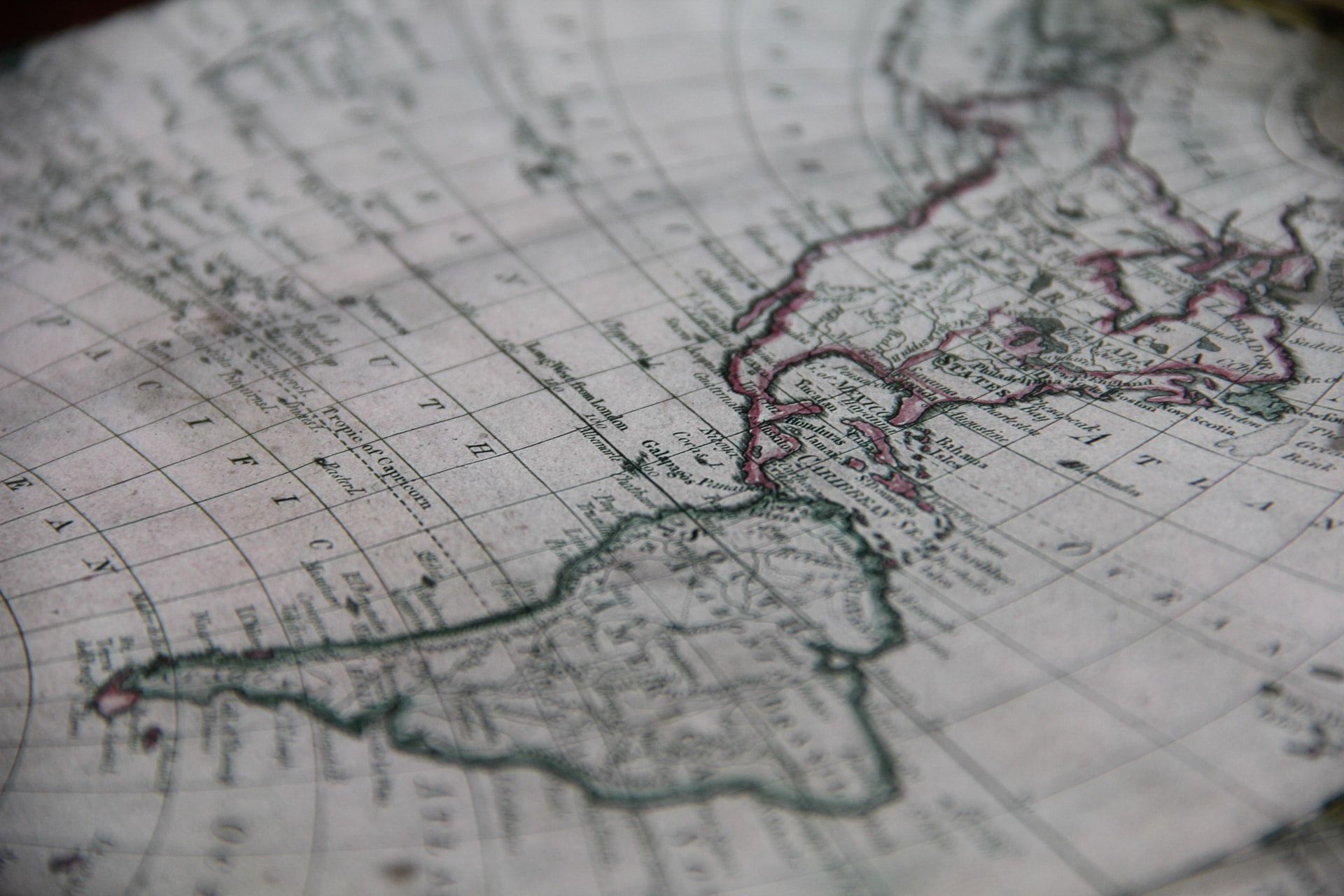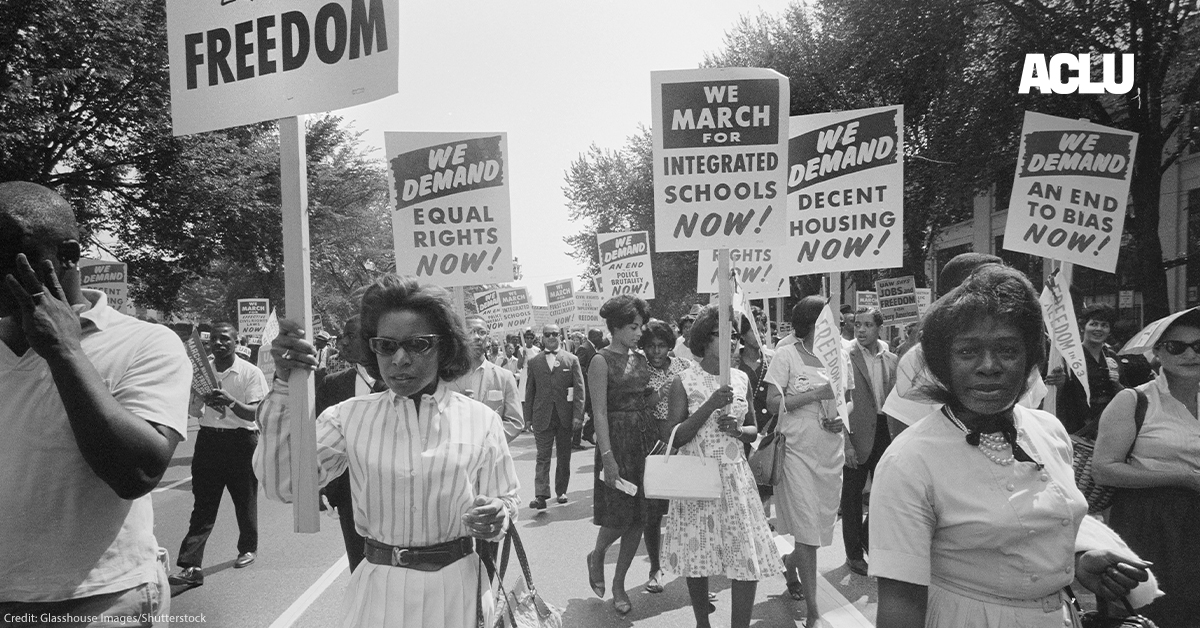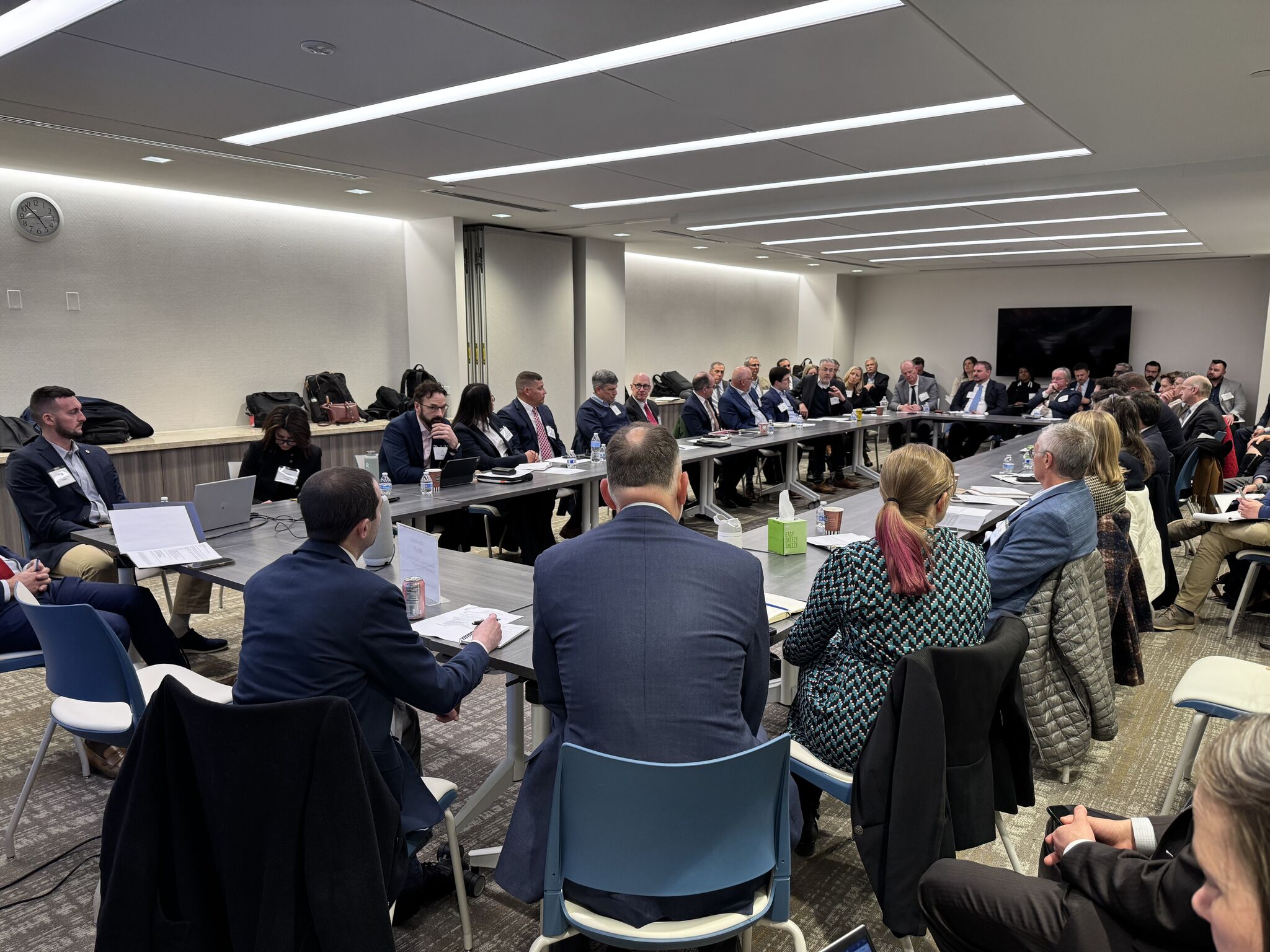Biden, Marcos announce infrastructure plans to counter Chinese projects

Months after Manila withdrew from China’s Belt and Road Initiative (BRI) projects, Washington announced a set of infrastructure projects in the Philippines, the first under an initiative to accelerate investments in partner countries in the Indo-Pacific.
The infrastructure projects, known as PGI Luzon corridor, were announced by U.S. President Joe Biden as he hosted Philippines President Ferdinand Marcos Jr. and Japanese Prime Minister Fumio Kishida at the White House on Thursday.
“It means more jobs for people across the entire region,” Biden said. “It means more investment in sectors critical to our future clean energy, ports, railroads, agriculture and much more.”
Marcos is seen as much closer to Washington than his predecessor, Rodrigo Duterte. Last year, he skipped a BRI summit in Beijing that marked the 10th anniversary of China’s $1 trillion international infrastructure-building program.
“We seek to identify ways of growing our economies and making them more resilient, climate-proofing our cities and our societies, sustaining our development progress,” he said at the trilateral summit.
PGI is an initialism for Partnership for Global Infrastructure and Investment, an initiative that offers grants, federal financing and private sector investment to partner countries. It was launched in 2021 by the U.S. and G7 partners under the title “Build Back Better World” and billed as an alternative to China’s BRI.
PGI Luzon corridor
PGI Luzon corridor is the first project of its kind in the Indo-Pacific and will “connect Subic Bay, Clark, Manila and Batangas in the Philippines to accelerate coordinated investments in high-impact infrastructure projects, including ports, rail, clean energy, semiconductors, supply chains and other forms of connectivity in the Philippines,” a senior administration official said during a briefing on Wednesday. The official asked for anonymity in speaking to reporters.
The official did not provide more details on the project but noted “it will take some time” to secure investments. She highlighted a recent U.S. trade and investment mission to the Philippines that announced “more than $1 billion” in combined investments to promote the Philippines’ innovation economy, clean energy transition and supply chain resilience.
Rebecca Ray, senior researcher with the Global China Initiative at the Boston University Global Development Policy Center, said that PGI Luzon corridor could lead to “healthy competition among major sources of lending and investment globally.”
Those lending sources now recognize that developing countries “need support in overcoming hard infrastructure bottlenecks for industrialization,” she told VOA.
The U.S. and Japan will also provide funding for technology in the Philippines that will improve wireless communication throughout the region, the official said.
In addition, the official said, the Development Finance Corporation, a U.S. development bank that partners with the private sector, will open its first regional office in the Philippines.
If the U.S. can sustain its focus and investments, PGI will be quite beneficial to the Philippines, said Derek Grossman, a senior analyst at the Rand Corporation, an American global policy research group.
“That said, we have seen numerous funding battles to get funds passed through Congress on these types of programs,” he told VOA. “And thus, this essential part is hardly guaranteed.”
Manila out of BRI
As ties with Beijing become increasingly strained over territorial disputes in the South China Sea, Manila announced in November that it has given up on Chinese funding for three major transportation projects, expressing confidence in securing financial backing elsewhere.
Even so, Chinese investment in the Philippines does not appear to be waning, Ray said, citing Chinese firm Yadea’s 2023 announcement of a $1 billion investment in e-motorcycle manufacturing, the second-largest investment in the Philippines for the year.
The Biden administration said it mobilized billions of dollars of U.S. private sector investments in the Indo-Pacific, including from Vena Energy, a company developing 2.4GW of renewable-energy projects in the Philippines.
Related
How SenseiNode Is Building Proof-of-Stake Infrastructure in Latin America
A lot of attention is paid to the decentralization of the Bitcoin network.Bitcoin miners should set up shop in a number of different jurisdictions in order to p
The Infrastructure of Racial Justice Is Under Attack. We Must…
President Donald Trump began February with a proclamation that Black History Month offered “an occasion to celebrate the contributions of so many Black Am
Bomb threat found “non-credible”: American Airlines after Delhi-bound flight diverted…
American Airlines has said that the "bomb threat on board", due to whi
Big infrastructure investment plans take shape in America
Amtrak and dozens of major industry partners representing construction, manufacturing, rail supply, engineering, and other sectors convened for an industr













